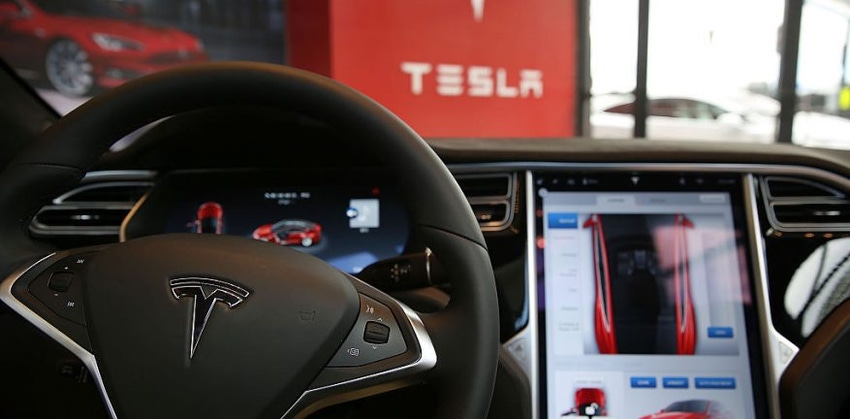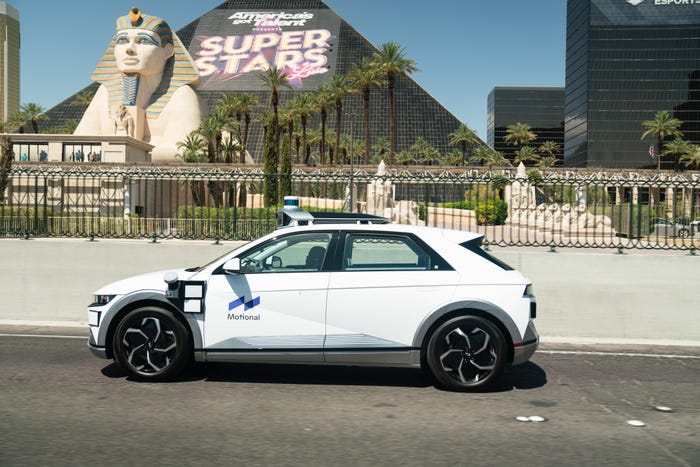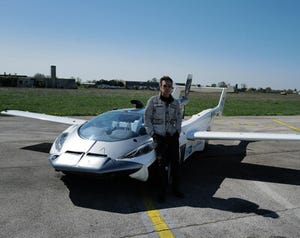Tesla Faces New Probe Into Autopilot Recall
Federal auto safety regulators open a new probe into Tesla as another investigation shuts down
April 26, 2024

The National Highway Traffic Safety Administration (NHTSA) has confirmed it is looking into the recall of more than 2 million Teslas carried out in December amid concerns that it did not go far enough to address worries over the company’s controversial Autopilot Level 2 (L2) Advanced Driver Assistance System tech.
At the same time, it was confirmed that an NHTSA Office of Defects Investigation into Autopilot’s role in at least 13 crashes involving fatalities and “many more” that caused serious injuries had been closed.
The two cases are inextricably linked to each other. The initial probe that is now closed identified a problem and the new one wants to find out why Tesla has not addressed it satisfactorily.
A document posted on the NHTSA website explained the specifics of the latest investigation.
The recall, which covered every Tesla in the United States fitted with Autopilot, concerns its Autosteer feature, which it was felt may be “insufficient to prevent driver misuse” such as deployment on roads where it is not intended to be used.
However, the NHTSA has concerns that the recall has not been suitably effective, due to what it describes as “post-remedy crash events and results from preliminary NHTSA tests of remedied vehicles”. The agency has carried out its own tests on Teslas at its Ohio base.
It has also expressed concern that “Tesla has stated that a portion of the remedy both requires the owner to opt in and allows a driver to readily reverse it”. Plus, it wants answers about other updates the company appears to have carried out that were not a part of the recall.
The new probe follows the closure of the original investigation, described by the NHTSA as an “extensive body of work” that stretches back to June 2022, when it was escalated to an Engineering Analysis.
The investigation looked at an astonishing 956 crashes, although in more than half of these, there was insufficient data to make any kind of assessment, Autopilot was not in use, another party was at fault, or the accident was not considered relevant.
After analysis of the other incidents, the probe concluded that “Tesla’s weak driver engagement system was not appropriate for Autopilot’s permissive operating capabilities”.
These incidents were split into three categories. In 211 the “frontal plane of the Tesla struck another vehicle or obstacle with adequate time for an attentive driver to respond to avoid or mitigate the crash”. Another 111 saw “roadway departures” where Autosteer was inadvertently disengaged by the drivers. A further 145 roadway departures were attributed to poor traction caused by bad conditions.
The NHTSA continued: “This mismatch resulted in a critical safety gap between drivers’ expectations of the Level 2 system’s operating capabilities and the system’s true capabilities.”
This finding, it said, aligned with the Defect Information Report from Tesla which prompted the December recall, adding: “Autopilot’s system controls and warnings were insufficient for a driver assistance system that requires constant supervision by a human driver.”
Despite the continuing intense scrutiny, Tesla remains committed to its automated tech. CEO Elon Musk has said the company is going “balls to the wall on autonomy” and it has announced plans to unveil the Cybercab self-driving taxi in August.
About the Author(s)
You May Also Like


.png?width=700&auto=webp&quality=80&disable=upscale)

.jpg?width=700&auto=webp&quality=80&disable=upscale)
.png?width=300&auto=webp&quality=80&disable=upscale)
.png?width=300&auto=webp&quality=80&disable=upscale)

.png?width=300&auto=webp&quality=80&disable=upscale)